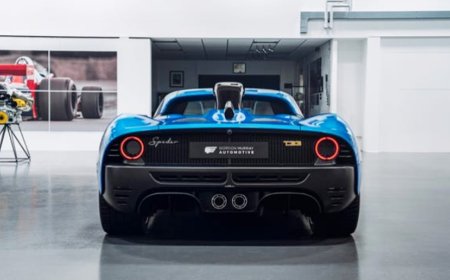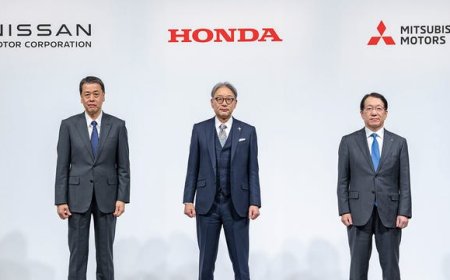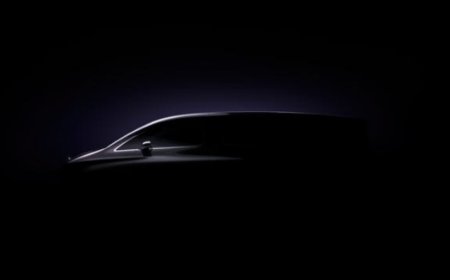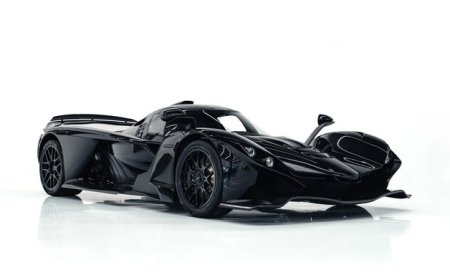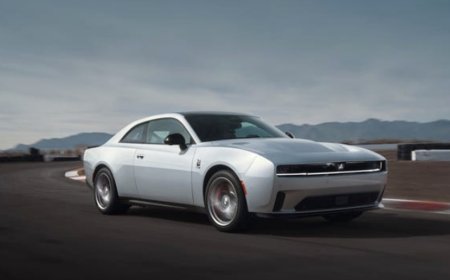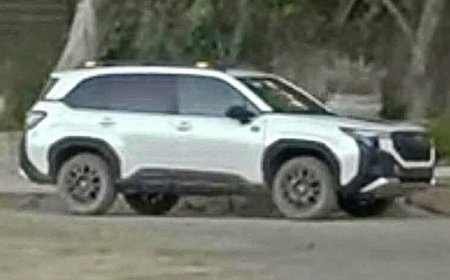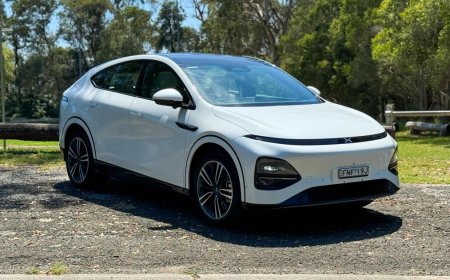Hyundai offers free adapters for Tesla Supercharger network
Hyundai EV owners will soon be able to use the upcoming NACS national standard, albeit at a slower charging speed.
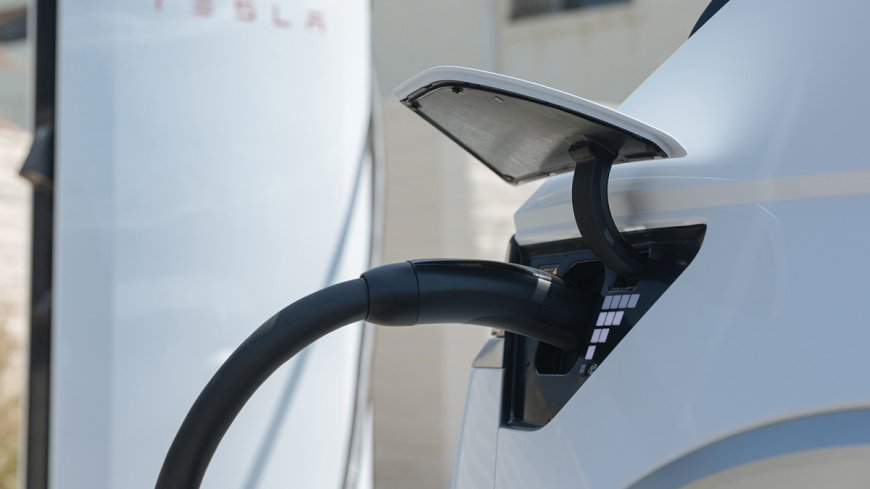
Hyundai EV and Genesis EV owners have one more reason to rejoice this holiday season as the automaker will soon start handing out free NACS adapters. The adapter will allow cars to be charged at Tesla Supercharger stations around the country which are not only more prevalent but also more reliable.
Hyundai owners can get their free adapters early next year
Current owners and those who acquire a Hyundai EV by Jan. 31, 2025, will be eligible to request a free adapter starting in the first quarter of 2025. More details will reportedly be released soon.
“To accelerate EV adoption, we started by listening to our current owners,” said Olabisi Boyle, senior vice president of product at Hyundai Motor North America., in a statement. Hyundai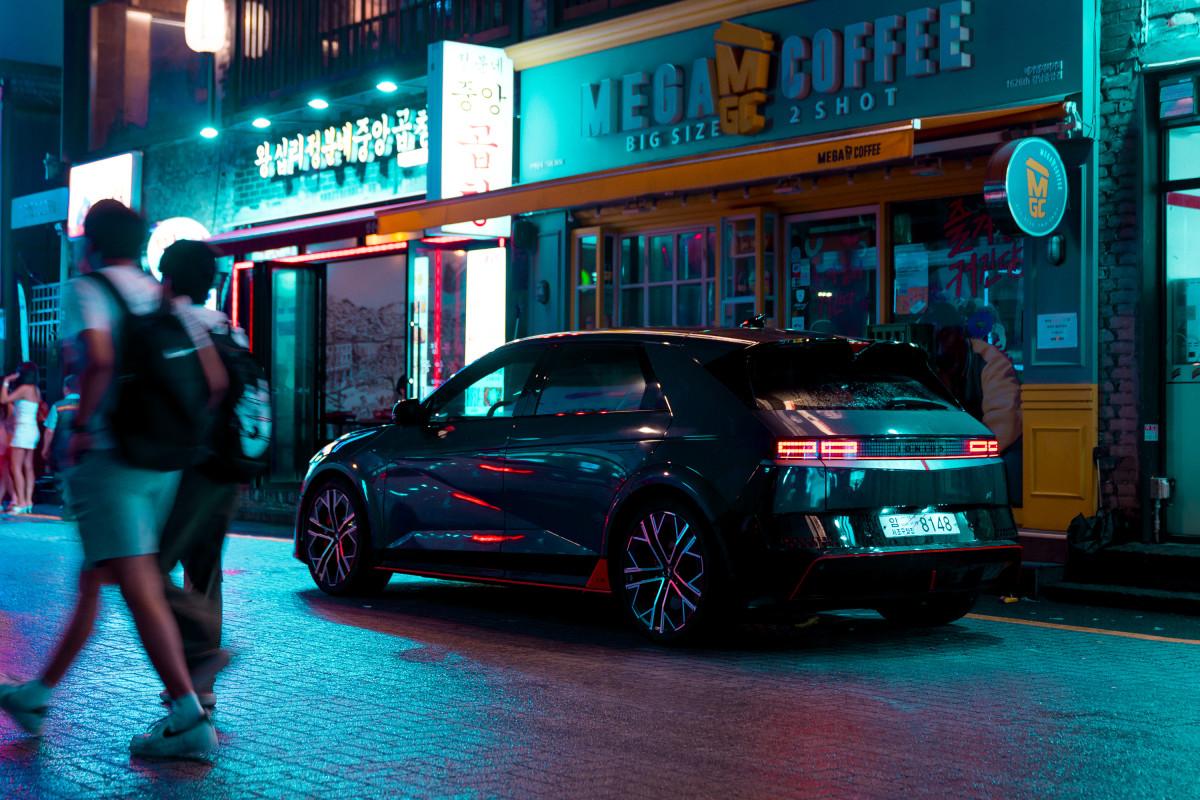
"These adapters will make DC fast-charging more convenient for current owners. Plus, the NACS port on new models like the upcoming IONIQ 9 along with improvements to our digital charging ecosystem, will further enhance the customer experience for future EV drivers. Our goal is to make the transition to electric seamless," Boyle added.
Related: XPeng will flex their Land Aircraft Carrier at CES 2025
Kia, on the other hand, is lagging behind
Kia owners, on the other hand, are getting coal in their stockings. NACS adapters will only be offered to EV6 and EV9 models delivered after September 4, 2024. That leaves earlier models and the Niro EV stuck with their CCS charger and owners are forced to buy third-party adapters if they want to use the other port.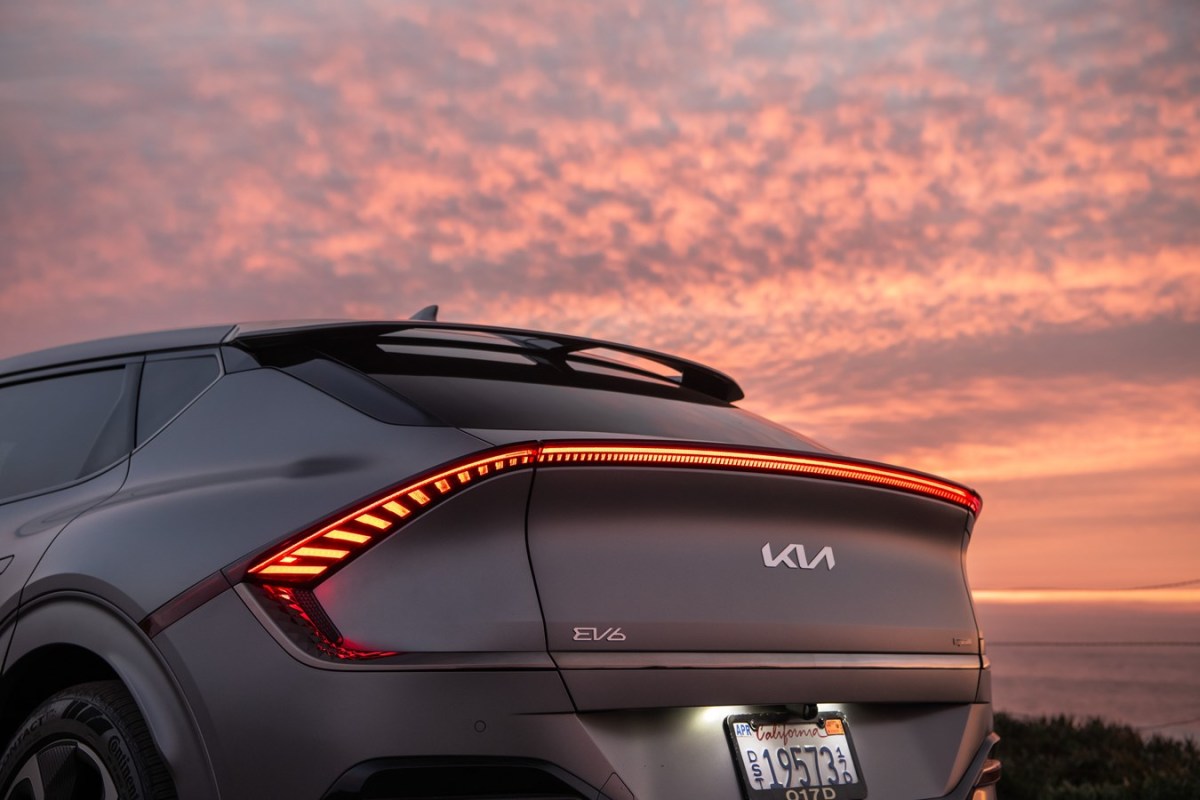
Upcoming native NACS ports will initially be slower
The upcoming 2025 Hyundai Ioniq 5 N and the 2025 Kia EV6 will be the first cars from the automakers to feature a native NACS port and forgo the use of an adapter.
Even with native ports though, the Korean vehicles won't charge as fast on Superchargers as they would with their NACS adapters. The reason has to do with Superchargers not being able to deliver the peak rate accepted by Hyundai's 800-volt E-GMP platform. That will soon change as Tesla upgrades their stations to deliver more juice.
Related: 2025 Volkswagen ID Buzz: 4 reasons to love it, 2 reasons to think twice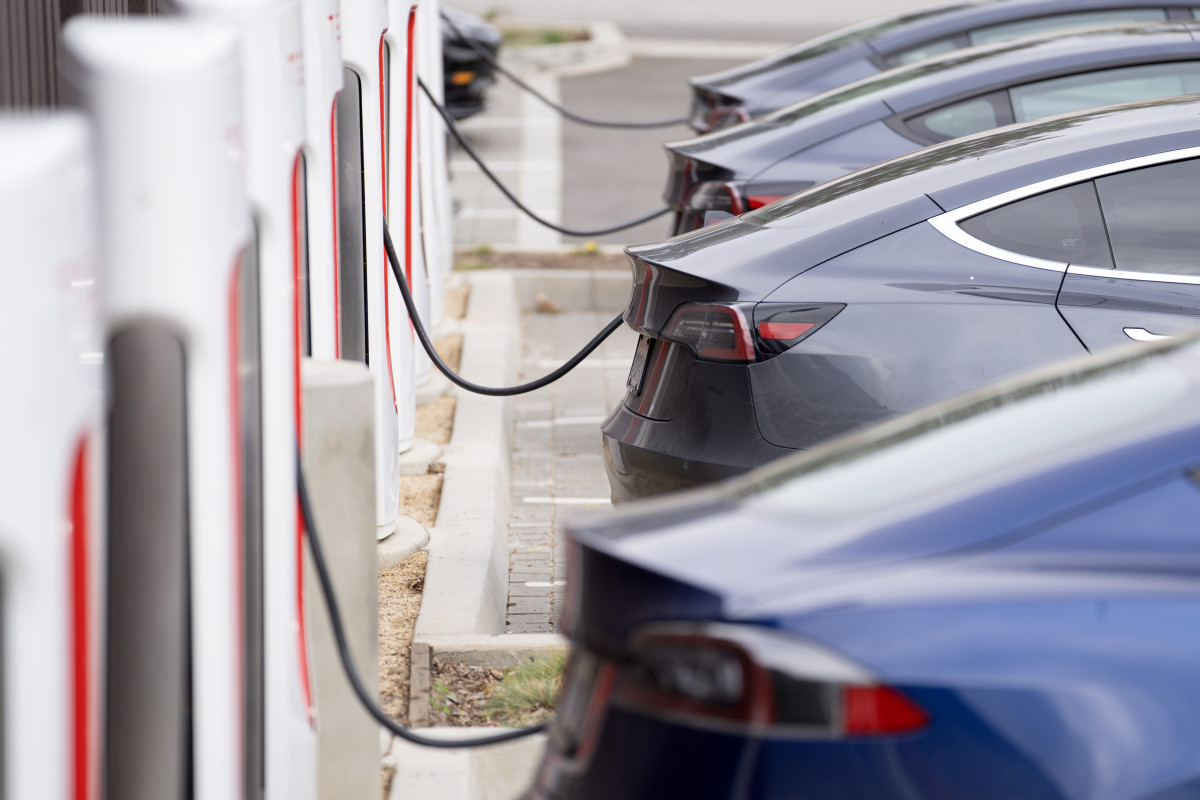
Final thoughts
Given that NACS will soon become the national EV charging standard, we should expect to see more manufacturers providing adapters and switching their cars' charging ports.
As Hyundai advances with its 800V architecture, EV charging speeds are set to improve significantly in the near future. Pair that with better range figures and ever-lowering prices, and the anxiety of daily driving an EV could soon be a thing of the past.
Related: Renault is reviving a rally racing icon as an all-electric hot hatch
